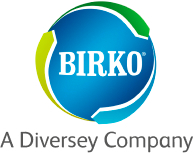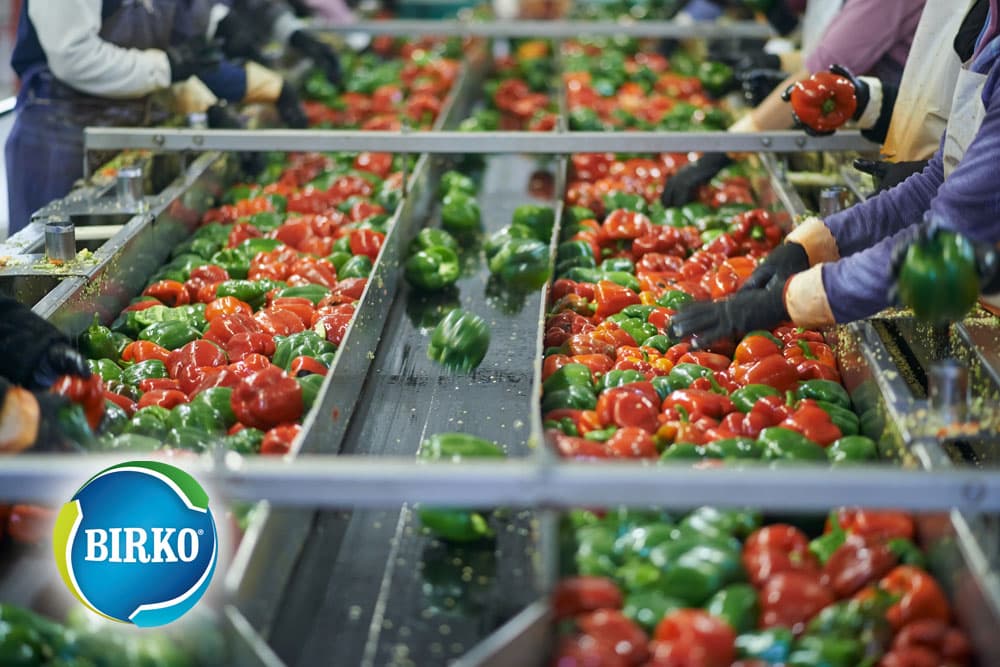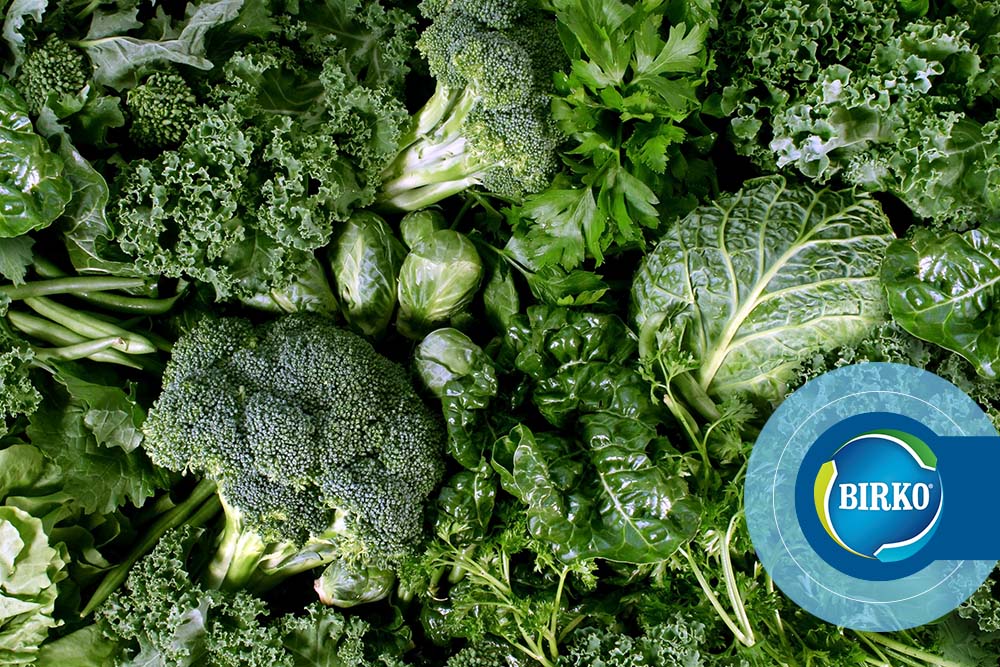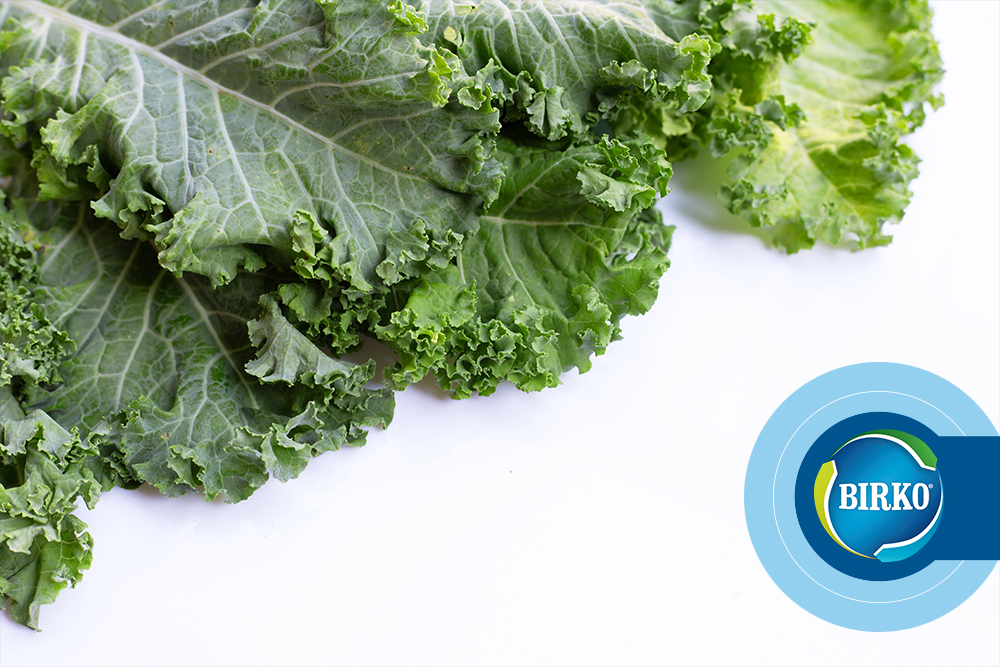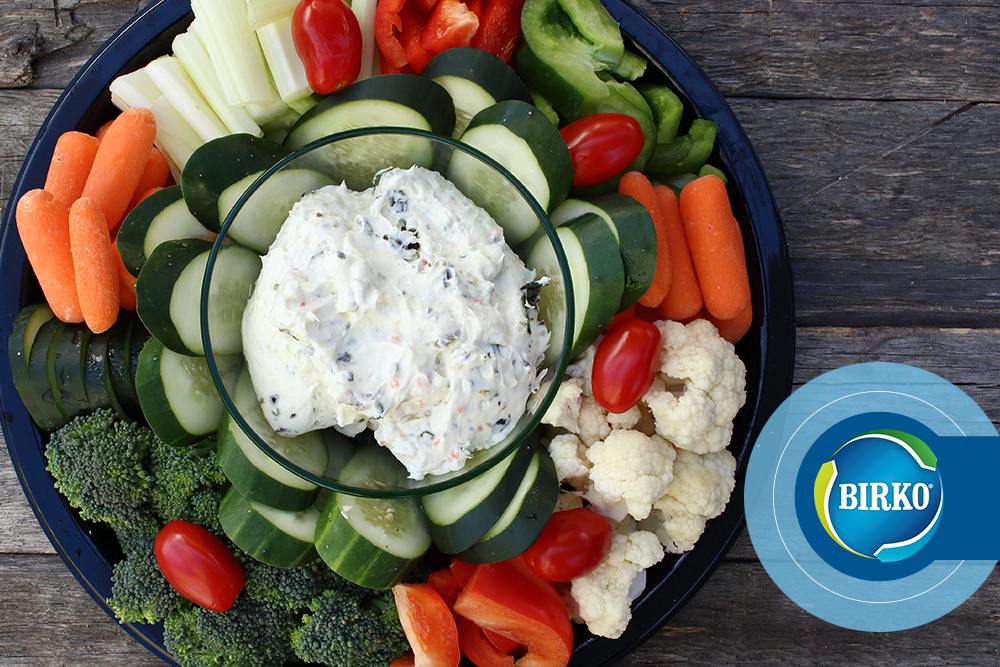You don’t have to compromise the use of food safety chemicals to achieve organic certification. Yet, it can be difficult for produce processors to identify chemistry that complies with both the requirements of proper sanitation and what certifiers allow.
Most organic produce processors view gaining certification as a crucial step, but how important is it?
When it comes to produce, half of U.S. consumers say they are most likely to buy organic fruits and vegetables, outpacing the percentage of those who consider purchasing organic dairy and meat.
There’s also a certain segment of shoppers that actively seeks out the USDA Organic Seal and wants to know the food they’re buying is certified. These are your core customers. They’re the ones who are willing to pay a premium price for organic food, because for them, it’s a lifestyle choice. That seal is a stamp of approval and a guarantee to your customer base.
As reported in an article from the Organic Produce Network, a 2017 survey from Mintel found 26 percent of consumers said they trust organic food labels. This also indicates, however, that the mass market may not see the same value. Even though the USDA’s organic label is strictly regulated, the survey found that only 13 percent of consumers fully believe it.
Organic produce processors must determine the best way to balance certification and effective food safety. Decisions concerning both have the potential to impact their brand’s reputation.
Some consumers have misconceptions surrounding organic products and food safety. The truth is that the risks and requirements are the same whether it’s organic or non-organic.
So, what can organic produce processors do to keep their certifications and implement effective food safety steps that protect the public as well as their reputation?
Achieving Organic Certification with Proper Sanitation
As my colleague Elis Owens shared in a previous post, the main difference between food safety in organic and non-organic facilities is that organic produce processors can only use sanitizers deemed suitable for use in their plants.
One of the chemicals that organic produce processors are not allowed to use as a no-rinse sanitizer is quaternary ammonium or quats. While quaternary ammonium can be used as an antimicrobial in organic facilities to clean surfaces, it cannot be used on food contact surfaces.
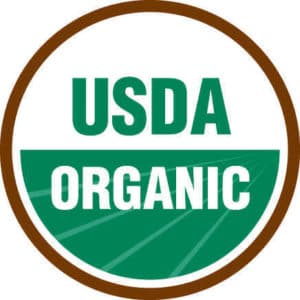 Official organic certification comes from the USDA’s National Organic Program (NOP), which is the governing body that makes the rules surrounding how crops are grown and products are handled. The USDA does not conduct inspections itself.
Official organic certification comes from the USDA’s National Organic Program (NOP), which is the governing body that makes the rules surrounding how crops are grown and products are handled. The USDA does not conduct inspections itself.
Instead, organic certifications are awarded by third-party agencies, which the USDA approves to evaluate farms and facilities. This can cause variances in the way NOP standards are understood.
Some organic certifiers will say it’s a problem if there are quat products anywhere in your facility. Others will say using quats is fine as long as you can prove there are no residuals on the product. Still, others see quats as acceptable for food products if they are properly rinsed.
Unfortunately, the uncertainty caused by differences in rules and judgments of various certifiers causes confusion and may prompt processors to avoid quaternary ammonium, which eliminates a very effective sanitizer/disinfectant.
To help our organic produce customers, we often connect with certification bodies when discrepancies arise. If our customers are unable to answer a certifier’s questions surrounding quaternary ammonium products, we’re happy to reach out and explain. We can also help you better understand how to implement the best food safety plan possible while remaining within the requirements of the certification you need to achieve.
Organic certification is a process that can take as long as three months, and the assessment happens annually. Failing to earn that seal can impact your bottom line as it is directly related to the price of the product. So, it’s no wonder processors place an importance on getting it right.
However, another thing that will negatively impact your bottom line is an event day caused by contamination in your facility. That could lead to a recall, resulting in substantial direct losses and ongoing damage to your reputation and profitability.
Birko helps organic produce processors carry out an effective food safety plan while still falling within the standards of organic certification.
Even if your facility decides it will not use sanitizers containing quaternary ammonium, you’ll still find a complete line of Birko products approved for use in organic food processing. That includes Veggiexide™, a lactic/citric blend formulated for direct application as well as Birkoside MP-2™, a peroxyacetic acid (PAA) based formulation that’s been shown to be effective against Listeria.
Our food safety experts are also able to assist organic produce processors with consulting services to help improve cleaning and sanitation procedures in your plant. Contact us today with your questions and check out our solutions for produce and fresh-cut.
Dave Premo, VP of Business Development for Birko, can be reached at [email protected] or 720.425.8926.

